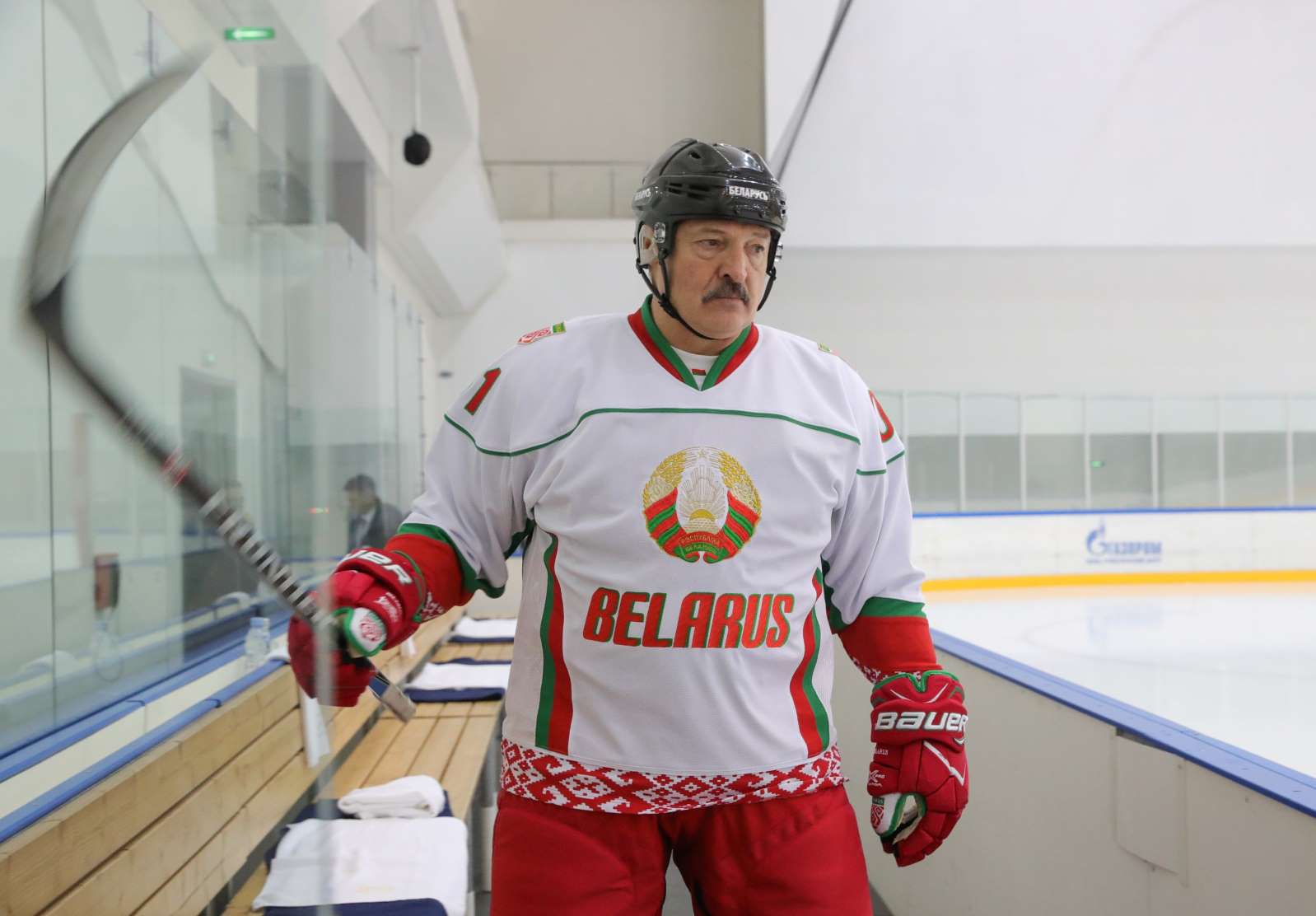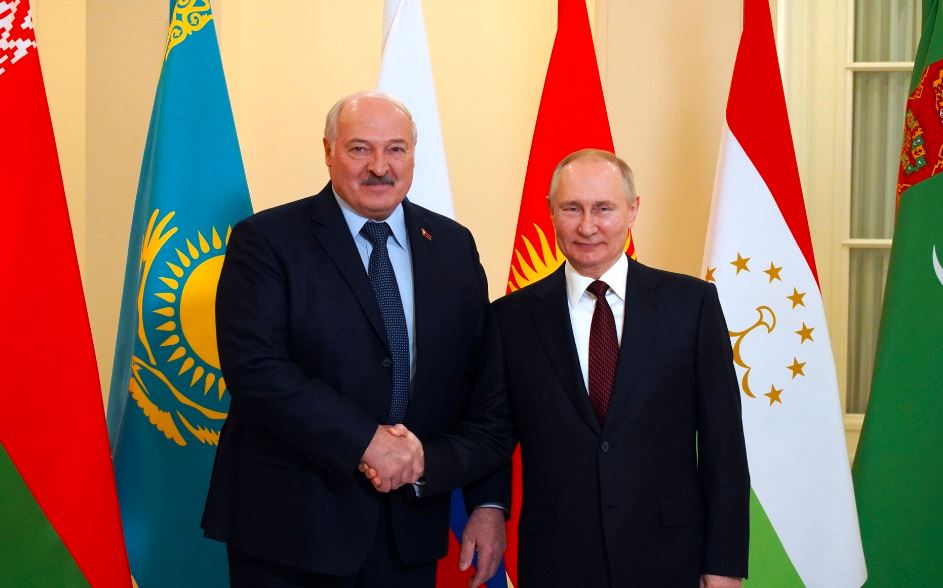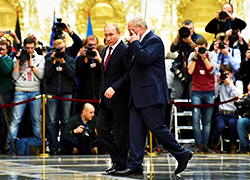In the past week, Belarusian journalists and activists opposing Batka’s regime have been living in a nightmare. The country saw an unprecedented crackdown on independent media, with top medias such as TUT.BY and Nasha Niva being shut down and their journalists arrested. And yesterday, on 14 July, the “guardians of order” expanded their scope of action: homes and offices of leading human rights NGOs and their members were raided, the activists were arrested, and some of them went missing.
These persecutions take place amid protests against election fraud in August 2020 that have been simmering for nearly a year.
In the morning of 14 July, Luashenka’s law enforcement officers raided the offices of at least a dozen of large Belarusian civic and human rights organizations, opposition groups, and activists’ homes, the Belarusian Human Rights Center “Viasna” reports.
|This new wave of repressions hit the offices of the Belarusian Association of Journalists, Imena journal (charity media), Gender Perspectives, Belarusian Helsinki Committee, BEROC Center for Economic Research, Belarusian Popular Front party, Lawtrend Legal Transformation Center, Union of Belarusians of the World “Fatherland,” Office for European Expertise and Communication, Third Sector Center in Hrodna, and members of Human Constanta, Polack independent trade union, Belarusian School Association, Supolnasc Center and others.
The searches in the apartments were followed by detention and/or interrogation of 19 human rights defenders as of 14 July 9 pm, as reported by the Human Rights center. Eight activists are suspected of two alleged charges — “group actions that grossly disrupt public order” and “tax evasion.”
For example, Viasna activist Alena Laptsionak communicated search in her house and detention on the said criminal accusations.
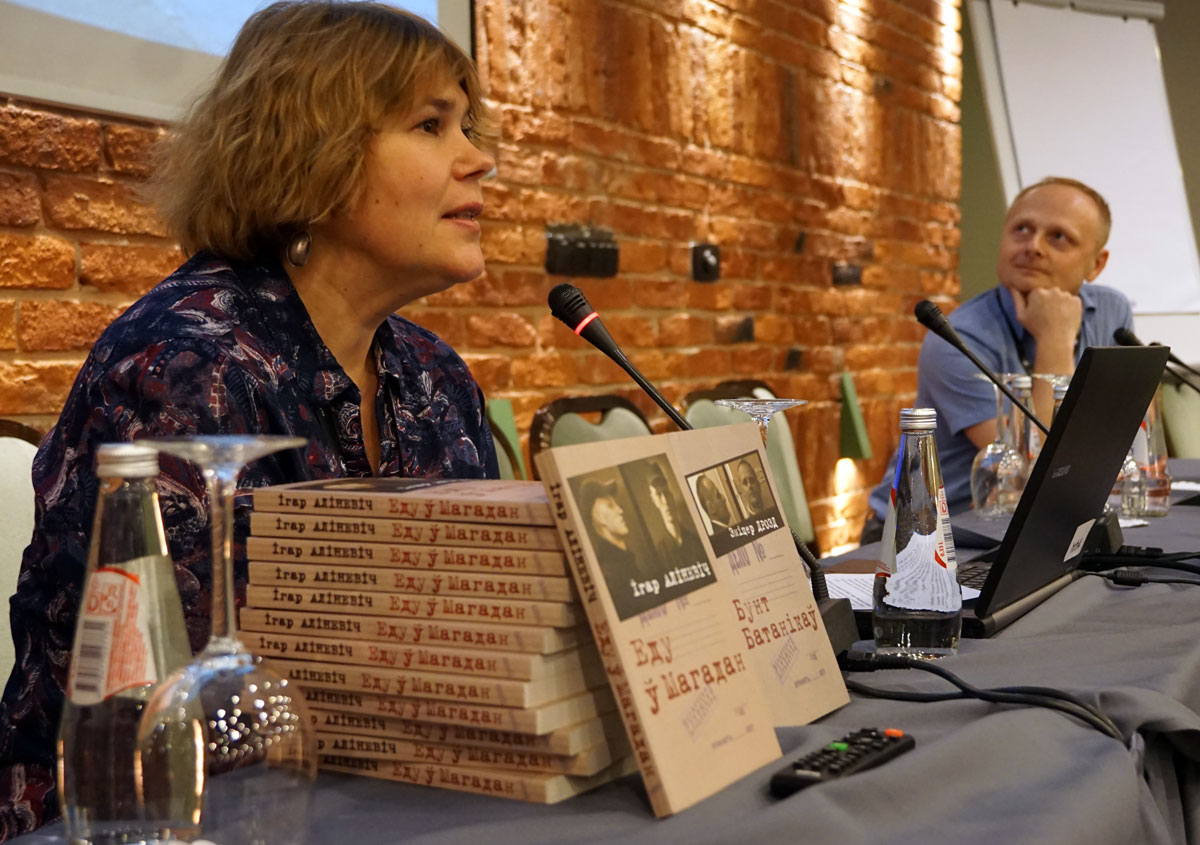
Law enforcers also came for Viktar Sazonau, Hrodna human rights champion to search and confiscate his devices. The police took Viktar with them and now his status and whereabouts are undisclosed.

The police also raided the home of Volha Smalyanka, the director of the Lawtrend Legal Transformation Center. She said on her Facebook that another search was going to happen in the organization’s office. At around 5:40 pm, Volha’s Facebook page became unavailable. As of now, any information on her status is unknown.
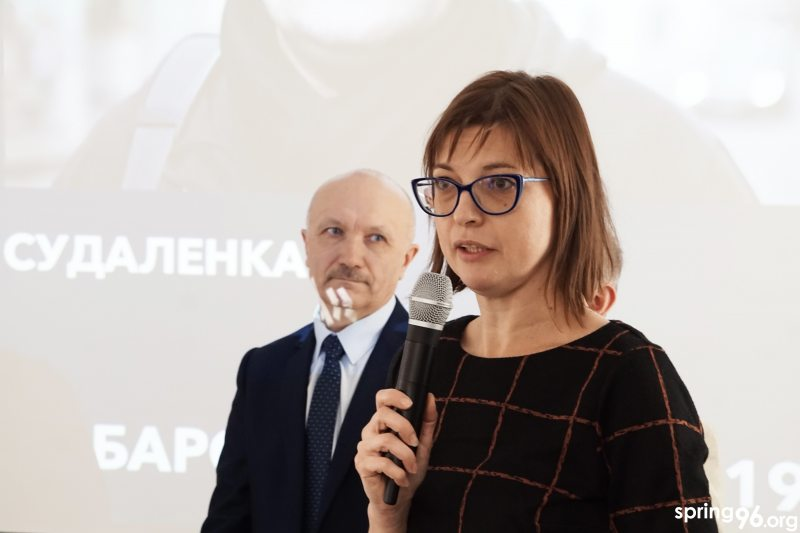
Last week, on 8 July, Belarusian State Security Committee (KGB) announced the conduct of “an operation to clean up radicals.” The statement was given by the Deputy Chief of the KGB investigation department Kanstantsin Bychak, and aired by the state-run TV channel Belarus 1. It is still unclear whether the 14 July attack was the “mass antiterrorist operation” declared by Alyaksandr Lukashenka on July 2 and whether it is related to the persecution of the civil society.
Before targeting human rights activists, Lukashenka’s regime hit Belarusian independent media workers. Earlier this month, journalists’ offices and homes were searched by Belarus police. On 8 July, law enforcers detained journalist Ihar Kazmerchak and raided the newsrooms of Brestskaya Gazeta and Intex Press. Previously, the state authorities shut down the Euroradio news bureau in Minsk and blocked its website.
Ukrainian human rights organizations have stood with Belarus in its fight for freedom and democracy which ensued following the 2020 manifestly falsified presidential elections. Lukashenka has conducted massive repressions unseen in Eastern Europe and former USSR after the fall of the Iron Curtain. As of today, more than 500 persons in Belarus are deemed as political prisoners, at least 1,500 imprisoned, and thousands politically persecuted. Throughout the year, over 40,000 Belarusians were arbitrarily detained and subjected to torture and ill-treatment and more than 4,000 activists prosecuted. Meanwhile, Belarus officials are announcing resumption of air communication with Russia-annexed Crimea and establishing cooperation with self-proclaimed and Russia-controlled “authorities” in occupied Donbas.
A coalition of Ukrainian human rights NGOs addressed a statement to Ukraine’s highest-level officials to sever diplomatic ties, prohibit any economic cooperation with Belarus state companies and to impose strict sanctions over them, hault collaboration with Belarus security and law enforcement bodies and ban extradition of Belarus citizens from Ukraine, convoke the National Security and Defense Council of Ukraine to discuss the risks in Minsk context and call on the democracies to respond to the attacks on civil society in Belarus.
The US Ambassador to Belarus Julie Fisher condemned the 14 July mass searches and arrests on her Twitter. She wrote, “The Lukashenka regime’s relentless campaign to criminalize independent voices, human rights defenders and civil society is an outlier in modern Europe and is the cause of Belarus’ international isolation.”
Read also:
- How Alyaksandr Lukashenka stole the Belarus presidential election
- Belarus takes down top news portal, arrests employees amid mounting assault on free press
- Lukashenka’s war against the free media
- Pillar of Lukashenka’s regime cracks as court journalists abandon ship
- Belarusian journalists on strike replaced by Russia’s RT strike-breakers
- “A blatant North Korea in the center of Europe.” Belarusian refugees explain why it’s so difficult to beat the dictatorship
- The Lukashenka regime outlaws “unsanctioned” rallies, doubles down on media repressions
- Discover Belarus, “the country of nine million hostages,” with Belarusian writer Andrei Khadanovich
- Belarus takes down top news portal, arrests employees amid mounting assault on free press
- Good old Soviet tradition of coerced public confessions springs up in Belarus
- Former TUT.BY journalists launch new website as Lukashenka regime smothers free press





